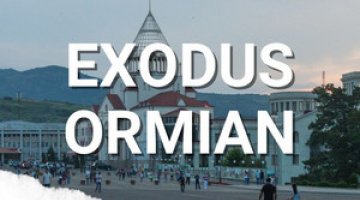Protests in Armenia
On 18 February, Yerevan saw the largest opposition protests in three years, organised by the Armenian National Congress led by the former President Levon Ter-Petrosian. The protesters criticised the government’s socio-economic policy, and called for early general elections; they referred to the recent ‘revolutions’ in the Arab countries, and threatened to continue their protests. Despite the relative weakness of the opposition in Armenia, the intensifying socio-economic and political problems mean that the internal situation in Armenia may deteriorate further.
Between five and ten thousand people participated in the protests in the centre of Yerevan, which passed off without any major incidents. The speakers, including the former president, referred to the success of the protests in Tunisia and Egypt and the wave of revolutionary movements in the countries of the Middle East, and accused the government of corruption and lacking a democratic mandate. Emphasis was placed on socio-economic issues (such as inflation and unemployment, as well as the rising fiscal burden on the general public, and the falling standard of living). The government was also criticised for its security policy, particularly for its submissiveness with regard to the Karabakh conflict with Azerbaijan. A series of permanent protests has been announced; the next is to take place on 1 March, the third anniversary of post-electoral protests (when Ter-Petrosian was defeated by the incumbent president, Serzh Sargsian) when ten people died during their bloody suppression by the armed forces. The political scene has been polarised by a pact signed on 17 February between the three parties of the ruling coalition on non-aggression and cooperation for the parliamentary elections planned for 2012 and the presidential elections in 2013. Although the Armenian opposition appears to be relatively weak, it remains possible that it will be able to harness public resentment at the difficult economic situation, fatigue with the present governing coalition (which has now ruled for 13 years), and a possible weakening of the country’s international position with regard to the Karabakh conflict. <KS>




